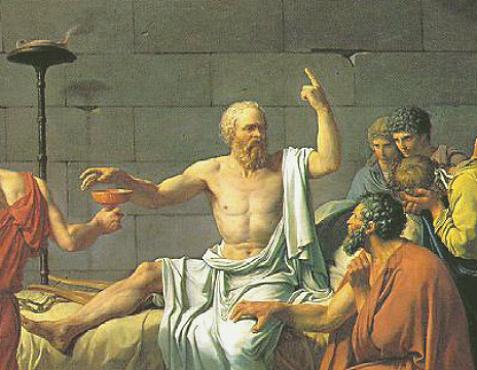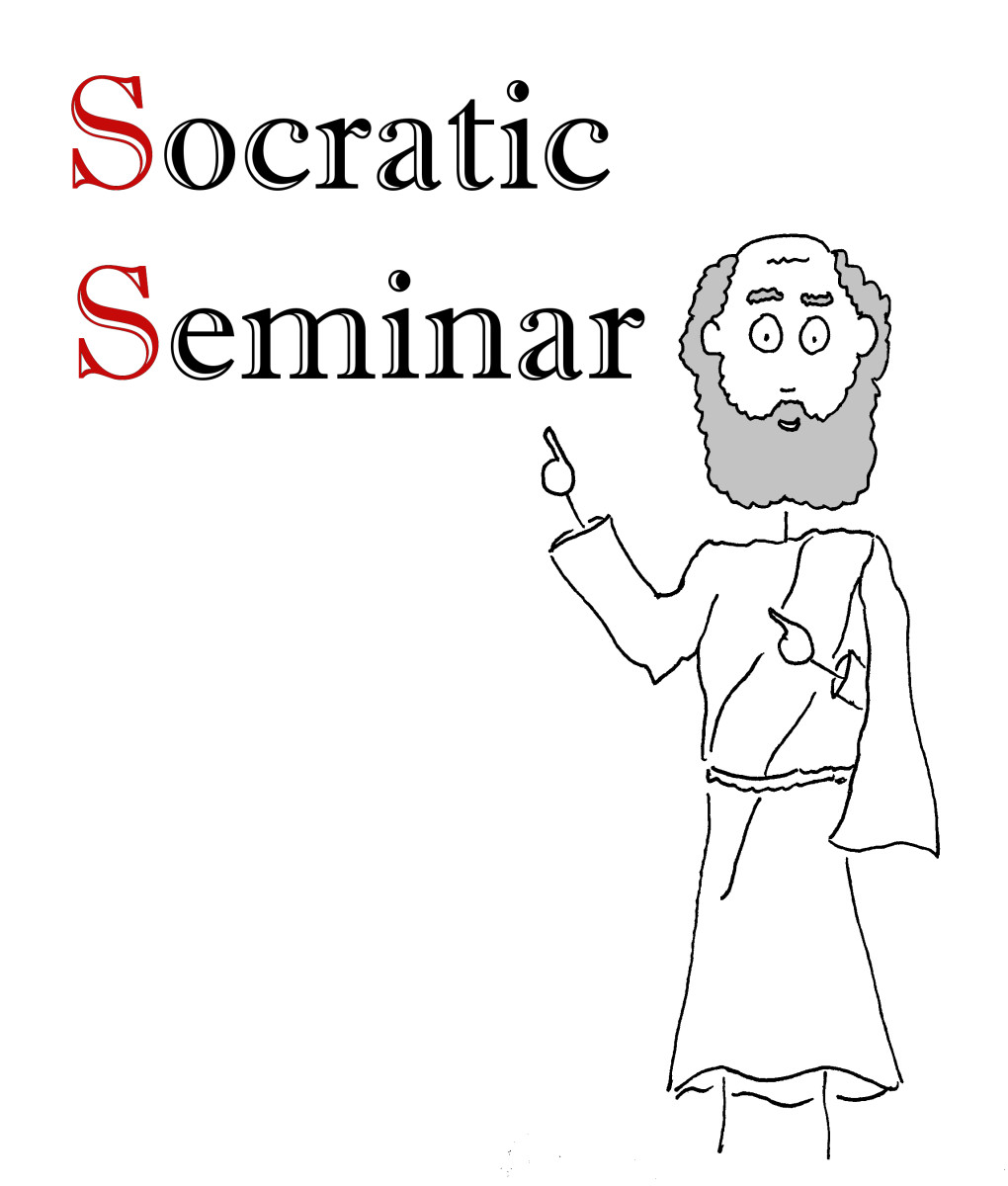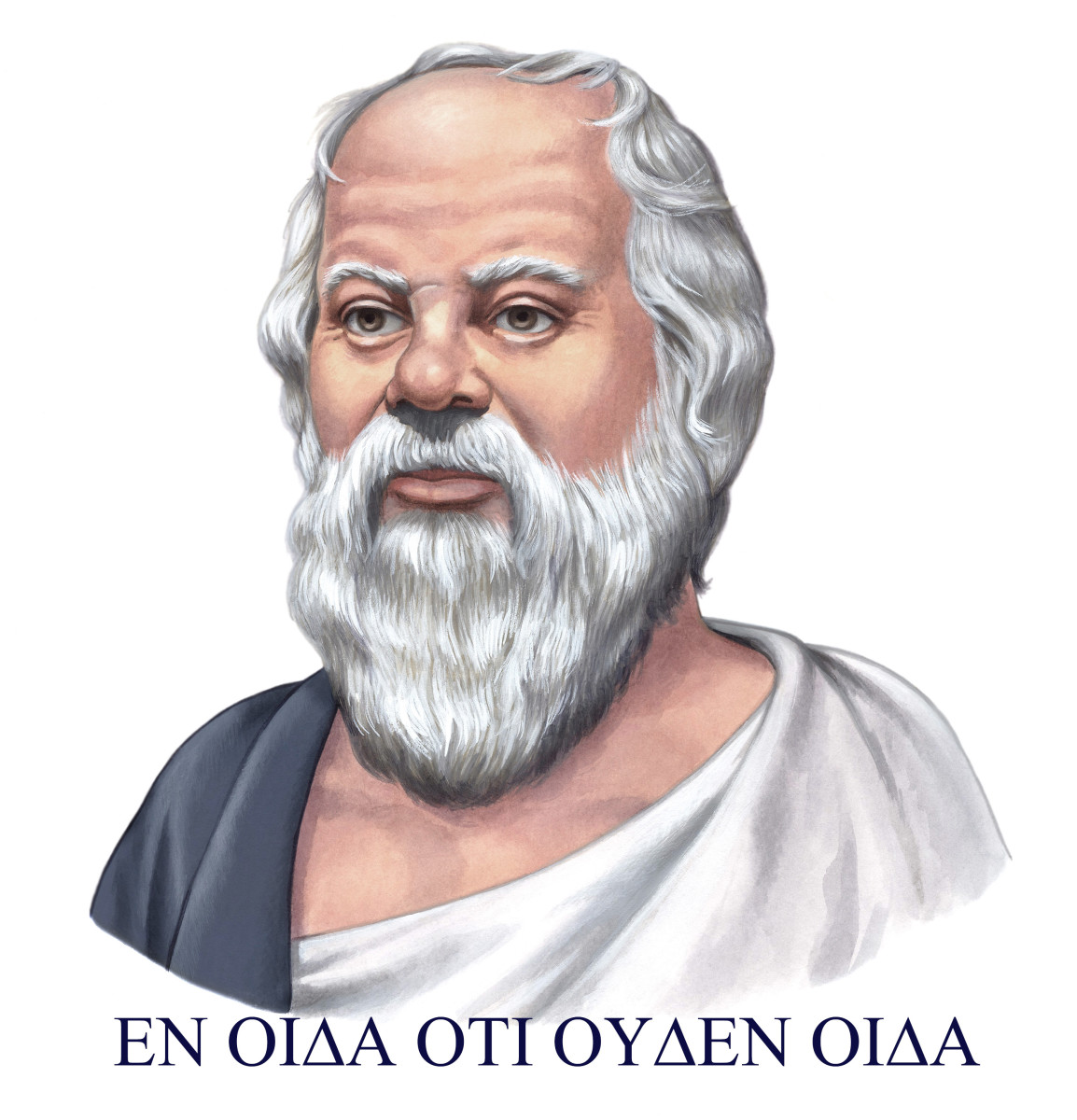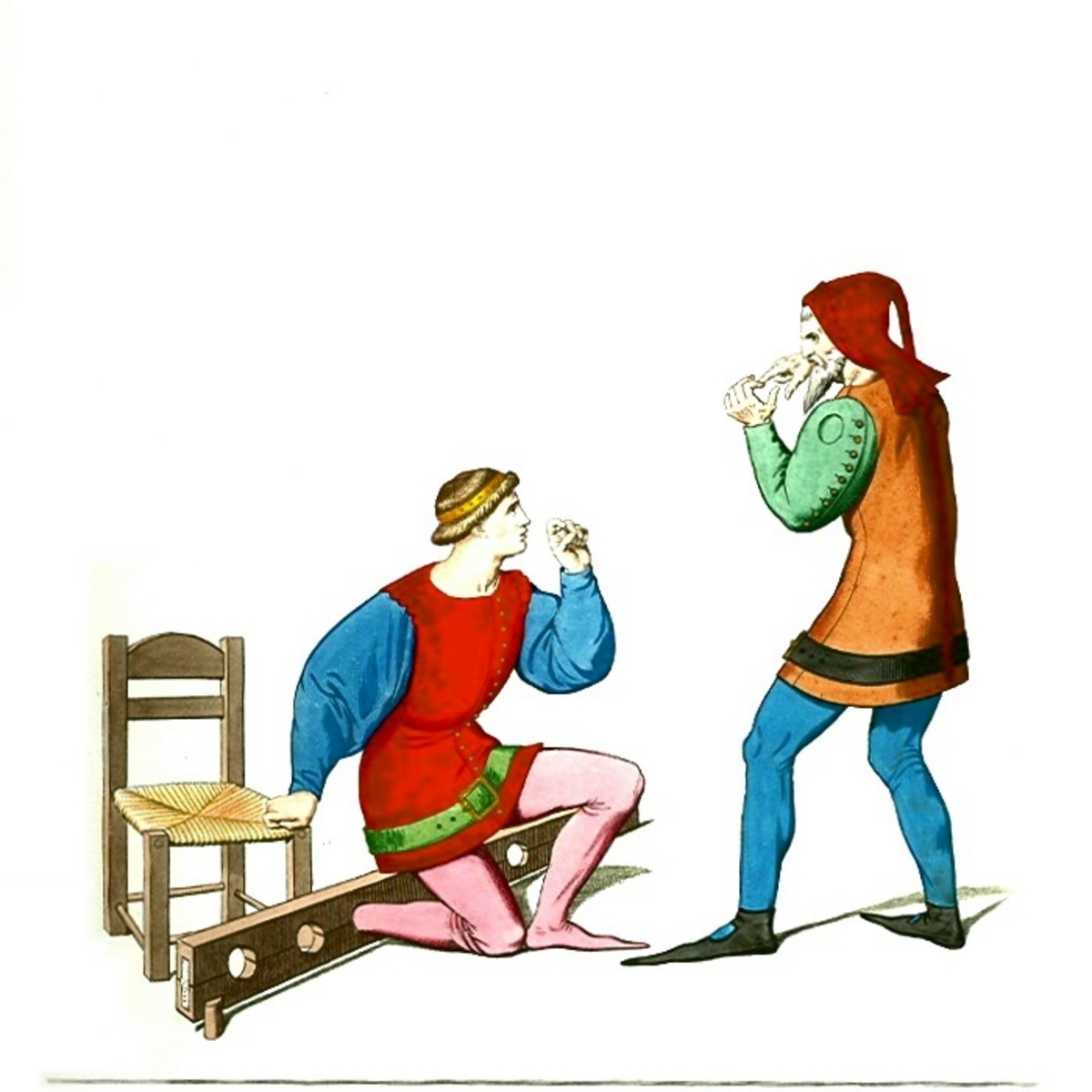Modern Socratic Method for Information Transfer
Modern Socratic Method by Socrates

The Modern Socratic Method of Instruction
“It was not mere ignorance with which one had to contend, but ignorance mistaking itself for knowledge or false conceit of wisdom, a more stubborn and a more formidable foe.”
Socrates
Let’s “go back in time and space” to (about) 420 B.C. and arrive at classical Athens. There was a great philosopher named Socrates who was quite brilliant on how to instruct for understanding. Have you ever heard of Socrates? Probably “yes.” Yet, do you understand how he instructed? Probably not; however, if you do indeed thoroughly understand how he instructed, not only are you one of a significant few but you can indeed skip a great deal of this chapter.
Socrates became student-like and asked questions of his students. This is how he got them to think/contemplate. Then with great skill he was able to have them discount many of their views and build to the logical outcome/answer(s). The ultimate goal of the Socratic Method is to increase understanding through inquiry. This Socratic Method uses creative questioning to dismantle and discard preexisting ideas and thereby allows the respondent to rethink the primary question under discussion. Thus, obtaining this enhanced freedom to think through discarded preexisting ideas is the goal of the Socratic Method. It is interesting to consider that the only person who cannot think is the one who thinks he/she already knows. Through the deconstruction of existing ideas, the Socratic Method frees people to think about basic principles and ideas with an enhanced sense of necessity and clarity.
It should be noted that what I have adopted from Socrates is what is referred to as the Modern Socratic Method. This is defined as a process of inductive questioning used to successfully lead persons to knowledge through small steps. This knowledge can be specific data, training in approaches to problem solving, or leading one to embrace a specific belief. The modern style is not deconstructive, but constructive. It is much easier to lead a person by small steps to specific knowledge through a series of questions than it is to force a person to abandon a cherished idea and rethink an important or controversial issue. It should be noted that the Modern Socratic Method is not called “modern” because it was invented recently; however, because it is the most used Socratic Method in modern times.
Perhaps if I give you an example of the Modern Socratic Method, it will become clearer for you. I will start (of course) by asking you a question.
1. How did you really learn how to ride a bicycle? <A discussion ensues> After a few answers have been discussed . . .
2. One would then ask: Did you see anyone riding before you attempted? <Discussion ensues>
3. Did you have scaffolding (i.e., training wheels)? <Discussion ensues>
4. Did you fall? <Discussion ensues>
5. Why did you get up and keep trying? <Discussion ensues>
6. Was it because you still had hope that you could do it? <Discussion ensues> Perhaps you saw that other people had fallen and you knew it was part of the learning process and inevitably you would eventually master it.
Let me paraphrase (a tad). You saw, you heard, you learned by doing, you fell and got up again because you still had hope that you could master it. After some trial and error, you mastered the skill and then you had priceless enjoyment with your new skill.
Now, what if I ask you more questions?
1. What are the key elements within this process that may perhaps be valuable to include in any learning sequence? <Discussion ensues>
2. Was it that you saw, heard, and learned by doing (active learning)? <Discussion ensues>
Inevitable Conclusion: Multisensory learning.
3. Was it that there was always hope that you could do it? <Discussion ensues>
Inevitable Conclusion: Hope was always there.
4. Was there a tangible or intangible benefit for you to learn this new skill? <Discussion ensues>
Inevitable Conclusion: There is either a tangible or intangible benefit by mastering the skill and this motivates learners to persevere.
Was that helpful? I think it was significantly helpful; however, now I have another question for you. To be an effective practitioner of this Modern Socratic Method, would one not have to know their subject content significantly well? I think this is also an affirmative “yes.” This may indeed be where one of our primary issues in public education can be found. I believe that we have many instructors who do not know their content area in a most significantly, comprehensive manner to actually use the Modern Socratic Method effectively. Although this is an interesting hypothesis, it will have to be tested before I can indeed make this conclusion.






